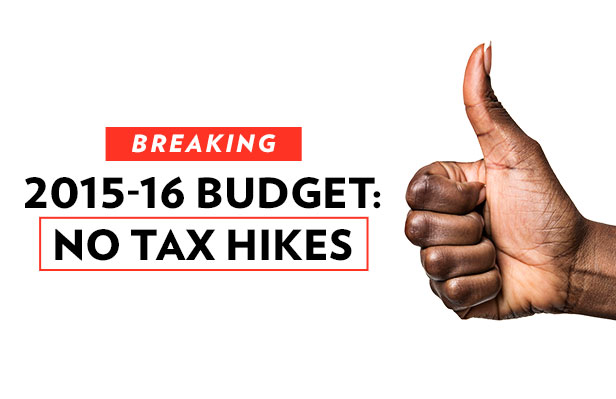Media

Rhetoric vs. Reality
Pennsylvania’s nine-month budget saga has concluded, but not everyone is pleased with the ending. The Philadelphia Inquirer published a caustic editorial criticizing state lawmakers for failing to surrender to the governor’s unreasonable budget demands.
Rather than providing clarity, the partisan editorial adds to the mountain of misinformation casting a shadow over the budget debate. For example, the editorial board writes,
Gov. Wolf has succumbed to Republican obstruction and agreed to a plan that keeps the state in the fast lane toward fiscal instability and educational decline.
Far from being obstructionists, Republicans advanced numerous balanced budgets, liquor privatization, and pension reform. The governor is the one clinging to the status quo. His insistence on higher taxes and spending will chase more people out of the state, leaving fewer taxpayers to cover the growing costs of government. Does this sound like fiscal stability?
But tax increases are necessary, some say, to stave off educational decline. The truth is more complicated. No correlation exists between higher education spending and educational outcomes. Lack of funding is not the problem. Misplaced control is the problem. Pennsylvania’s educational system will improve when parents, not government officials, are in control of education.
The editorial continues:
Of the many disappointments of this budget, the greatest is its failure to address the state's structural deficit, the stark difference between the state's spending and receipts. This deepening hole, expected to approach $2 billion next year, is sapping the state's ability to function.
Leaving aside the hyperbolic ending, the board’s preferred plan does not eliminate the deficit despite including a $2.3 billion tax increase over two years. Furthermore, if the state is facing a deficit, adding billions in new spending makes little sense. Why add new bills if the state cannot pay its old ones?
In keeping with its partisan tone, the board writes,
That seems to be of no concern to the legislature's least reasonable Republicans, who can return to a never-ending campaign trail to gleefully proclaim that this budget raises no taxes. But the problem is that it does raise taxes. Local property taxes throughout the state are bound to rise because the state is failing to properly fund schools, leaving districts to make up the difference.
Leading readers to believe lawmakers have no alternatives to tax hikes is disingenous. Reforms like voter referendums, school choice, and mandate relief can ensure education funding, which is at record levels, is spent more efficiently.
Finally, the board attempts to paint the governor as a reasonable negotiator who can’t get anywhere with obstinate Republicans:
This budget doesn't address the looming pension crisis or reform the state's absurd grip on wine and spirits sales, supposed Republican priorities that, despite belated and begrudging concessions by the Democratic governor, remain as untouched as Wolf's agenda.
These “concessions” were token at best. Republican legislators preferred a pension plan that moved all new public employees into a 401k plan. The governor said no. On liquor, they requested complete privatization of the system. The governor said no.
After having their top two priorities rejected, the legislature still increased spending by more than $880 million, with $230 million added for education—the governor's top priority. Republican lawmakers passed these increases even though many preferred reductions in government spending.
Nevertheless, the 2015-16 budget impasse is history. Focus will now turn to the 2016-17 budget and lawmakers will have another opportunity to redesign government so that working people aren't harmed by the consquences of overspending.